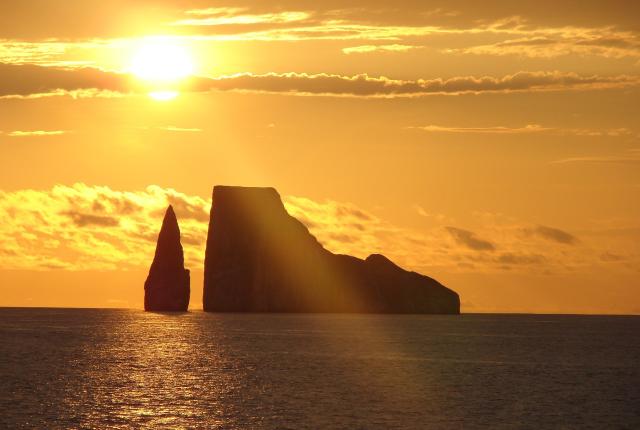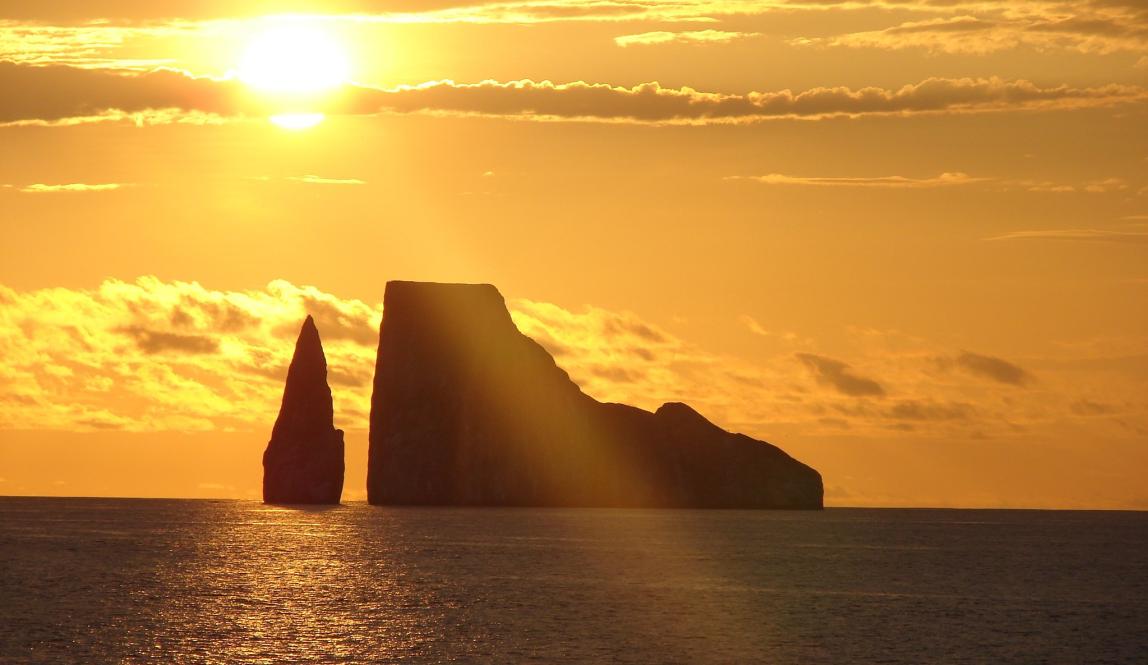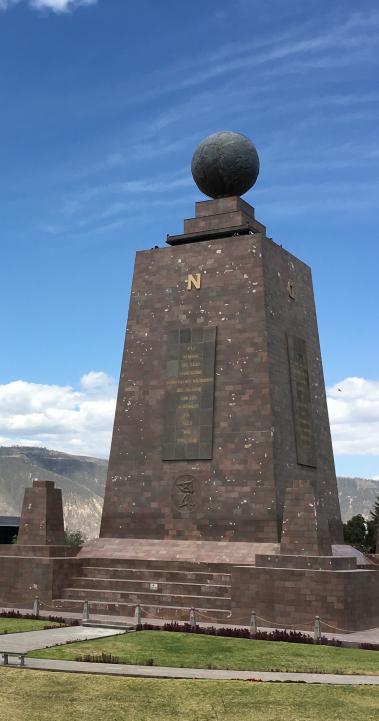You will take 16-19 credits per semester, and all courses are worth 3 credits. You are required to take a 1-credit Spanish language course at the beginning of the semester.
Courses are taught USFQ faculty in a series of five consecutive modules. The first module is taught at the USFQ Cumbayá campus near Quito. Remaining modules are taught at the GAIAS campus on the island of San Cristóbal.
The program offers the following tracks, each consisting of five courses, or modules. You must take all five courses in your selected track.
Evolution, Ecology & Conservation
Examine first-hand how Ecuador’s diverse ecosystems have been shaped by evolutionary processes and the role that distinct societies have played in the protection or transformation of these environments. Course-related trips bring you to biodiverse jungles, picturesque coastal regions, and to one of the world’s tallest volcanoes. To enroll in this track, you should have a background in Biology or Ecology.
Marine Ecology*
Examine the importance of marine conservation and the social aspects of marine management by combining coursework and fieldwork on the Pacific Coast and in the Galápagos Islands. You visit mangroves, wetlands, intertidal ecosystems, open oceans, and coral reefs as you study animal habitats and communities. To enroll in this track, you should have a background in Marine Biology, Biology, or Ecology.
People, Politics, & the Environment
Explore the economic, cultural, and social issues that affect the relationship between humans and the environment. Coursework includes course-related trips to several indigenous and traditional Andean communities.
Sustainable Tourism
Address the importance of sustainability and its impact on the economy, society, and global community. In this track, you will examine the various facets of the tourism industry and take courses that explore the interaction of tourism and wildlife. You will travel to the Ecuadorian highlands, go on snorkeling trips, and visit local institutions such as the zoo and a water treatment plant.
All area studies courses are taught in English. Further information about course content and availability is provided on the University’s website. Courses vary by semester, but here is an example of past course offerings:
Evolution, Ecology, and Conservation (3 credits each)
Marine Ecology (3 credits each)
People, Politics, and the Environment (3 credits each)
Sustainable Tourism (3 credits each)
Spanish Language Courses (1 credit)
Visit Website
*This track carries an extra fee. For exact pricing, please consult the Program Fees Sheet.
NOTE: This is a list of planned course offerings. After you are accepted, you will see a list of final course offerings in your MyIESabroad account. Additionally, IES Abroad reserves the right to cancel a course due to insufficient enrollment or circumstances beyond our control.

.jpg?h=3065f8d6&itok=l4jHPJpm)




.jpg?h=3065f8d6&itok=6JPmBDEz)

































